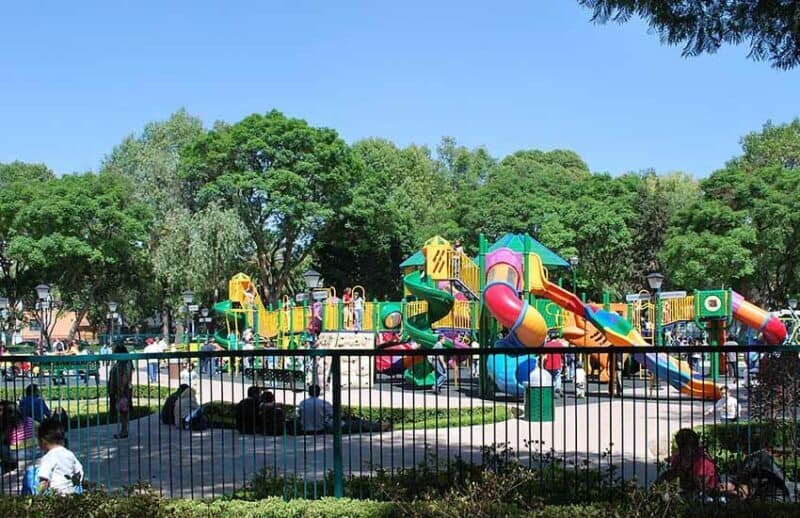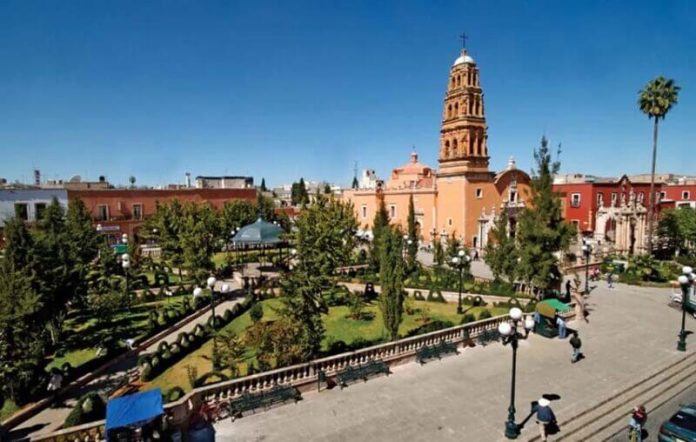The percentage of Mexican adults who feel unsafe in the city where they live is at its lowest point in eight years, according to a new security survey that found that Fresnillo, Zacatecas, is seen by its residents as the least safe city in the country.
Conducted by the national statistics agency INEGI in September, the 32nd National Survey on Urban Public Security found that 64.5% of respondents believe the city where they live is unsafe, a 2.1% decline compared to the previous survey.
The figure is the lowest recorded since INEGI first conducted the quarterly survey in 2013. The percentage of adults who consider their city unsafe has declined 9.2% in the almost three years since President López Obrador took office in December 2018, even as homicides were at or near record levels.
The most recent survey found that 69.1% of women and 58.8% of men feel unsafe in their city. Three-quarters of respondents said they feel unsafe when using automated teller machines in the street, while 68.7% said the same about public transport. Banks and streets they regularly use were identified as unsafe places by 61.4% and 56.2% of respondents, respectively.
Highways, markets, parks, shopping centers, one’s own vehicle, workplaces, one’s own home and schools were also identified as unsafe places, but by less than 50% of respondents.

Fresnillo, a medium-sized city 60 kilometers north of Zacatecas that is notorious for violent crime, was identified as unsafe by 94.3% of residents who participated in the survey. It was one of just three cities identified as unsafe by more than nine in 10 residents.
The other two were Ciudad Obregón, Sonora, and Irapuato, Guanajuato, where 92.5% and 91.7% of residents feel unsafe.
More than 80% of respondents said they feel unsafe living in eight other cities. They were Coatzacoalcos, Veracruz (89%); Naucalpan, México state (88.3%); Zacatecas city (86.1%); Ecatepec, México state (85.1%); Tlalnepantla, México state (85.1%); Cancún, Quintana Roo (84.7%); Uruapan, Michoacán (81.6%); and Cuernavaca, Morelos (80.4%).
Tijuana, Baja California, and Ciudad Juárez, Chihuahua, were the most violent cities in Mexico in the first five months of the year in terms of homicides but only 78.1% and 59.9% of residents, respectively, rated them as unsafe.
The cities identified as unsafe by the lowest percentage of survey respondents were San Pedro Garza García, Nuevo León (14.5%); Benito Juárez, Mexico City (21.8%); Los Cabos, Baja California Sur (22.2%); San Nicolás de los Garza, Nuevo León (28.6%); and Saltillo, Coahuila (29.5%).
Members of 27,000 households in 90 cities, including the 16 boroughs of Mexico City, were surveyed by INEGI. Just under a quarter of those polled said they expected the security situation in their city to deteriorate in the next 12 months, while 34.6% predicted it would remain the same.
With reports from Milenio
